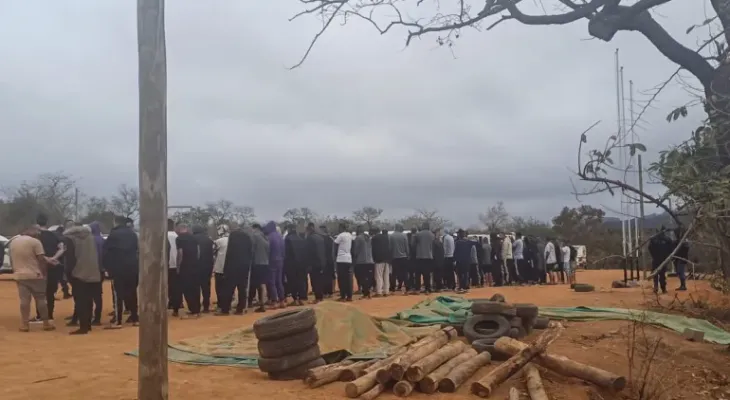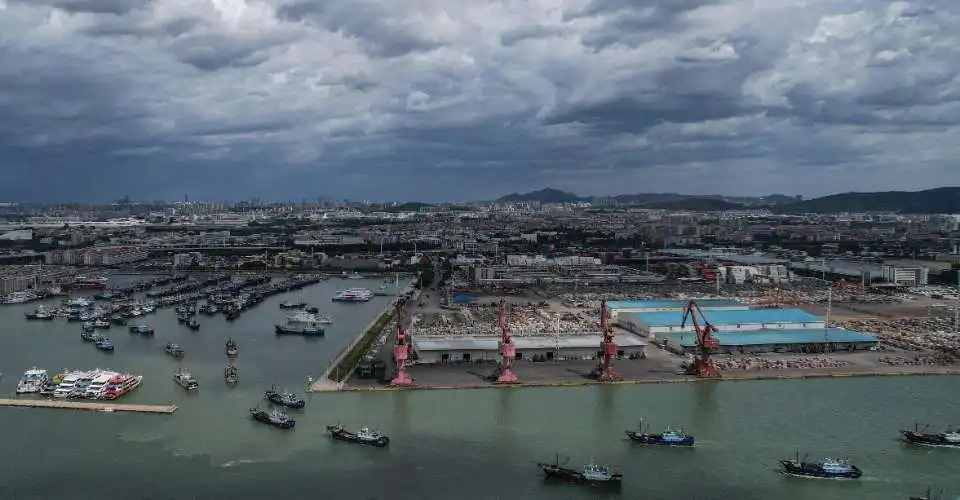
The release of the full report had been delayed until an inquiry by the Metropolitan Police concluded.
That inquiry ended last week with 126 fines being handed to 83 people, including Prime Minister Boris Johnson.
A number of people were informed over the weekend they were likely to be named in Ms Gray’s findings.
They had until 17:00 BST on Sunday to register any objections, a development that Whitehall sources told the BBC could have further delayed the release of the report.
Ms Gray’s report is expected to be critical of those overseeing a culture in Number 10 in which lockdown breaches could occur.
An interim version, published in January, did not name individuals but did criticise “failures of leadership and judgement”, and said some events should not have “been allowed to take place”.
The evidence in the report is said to include a total of 510 images. The BBC understands it is unlikely all the images will be released, although it is possible some will be published to illustrate the nature of the gatherings.
Asked on BBC One’s Sunday Morning programme whether all the evidence would be released, Education Secretary Nadhim Zahawi replied: “I would absolutely welcome it. It’s the right thing to do.”
Mr Zahawi also had to rebut claims by opposition figures that a meeting between Ms Gray and the prime minister that took place several week ago but only came to light over the weekend, could undermine confidence in the investigation.
“The [prime minister] has always said that Sue Gray can take the report to wherever the evidence takes her. The prime minister will not interfere or intervene in the report,” he said.
“Sue Gray… is professional and has the highest level of integrity. She is independent.”
The prime minister faces a further inquiry by the Commons’ Privileges Committee about whether he lied to Parliament when he previously told MPs that no laws had been broken in Downing Street.
Under government guidelines, ministers who knowingly mislead the House of Commons are expected to resign.






